Return to Israel Horizons main page
Alert readers of Israel Horizons will note that many of the articles in this issue were inspired by our annual Symposium in Israel, held in late June this year. We spent a week in meetings in Tel Aviv and travelling through much of Israel from north to south, plus several trips to the West Bank, including to the settlement of Tekoah, and to the military court at Ofer prison. I had also spent the previous five weeks in Israel on a working vacation: participating in a conference, doing research, working on the academic journal I edit, and, of course, seeing many friends, old and new.
My two strongest impressions were these:
The occupation, sadly, is alive and well and humming along smoothly. Of course this could change in a flash, as it did when the first intifada erupted in December 1987, confounding both the Israeli government and the PLO leadership. But I saw no evidence of that, for what it’s worth. Many Palestinians seemed beaten down, simply trying to salvage a decent life from the situation. They are no more accepting of the Occupation than ever, but given both the situation on the ground and that in the international community, especially the US of course, it is hard to be hopeful.
The second impression may seem diametrically opposite but I think that it, in fact, flows from the first. All of the symposium participants, very much including me, were heartened by the number of individuals and organizations who are working creatively and, I believe fruitfully, to both end the Occupation and to restore humanistic and liberal values to Israeli society and policies. This is, unsurprisingly, especially true of young people in their twenties and thirties, who have grown up largely since the second intifada and who want to restore a vision of Israel as progressive and inclusive. They fully realize the challenges they face, but I was frankly amazed at their energy and their numbers. They are the Israelis who Partners seeks to support in our programs.
Can these two impressions be reconciled? Should we simply conclude that Israel is as polarized as the US – and that the ‘Tel Aviv bubble’ is going in one direction while the rest of the country, especially the 400,000 Israelis already living in the West Bank, are headed in another? Will the tensions between these two opposite visions tear Israel apart?
I genuinely don’t think so. While the litany of dispiriting news this summer is long and depressing (including particularly the horrendous slaughter at the Gaza border and the passage of the ‘nation-state’ bill), Israel is not heading toward being a failed state. Even as PM Netanyahu welcomed Hungarian PM Orban, the architect of his country’s authoritarian and viciously anti-immigrant slide to the right, Israel’s court system stopped Bibi from expelling asylum-seekers and the nation-state bill passed the Knesset with only a bare majority of 62 votes. I do not see Israel going down the road of countries like Turkey, Poland, and Russia, as well as Hungary; all states in which democratically-oriented governments have been subverted in this century, mostly in the last 8-10 years, by autocratic and illiberal strongmen.
One of the many hopeful indications I came home with originated, amazingly, in the West Bank, among the Jewish settlers. I have opposed Israel’s settlement policies since they began, and had not set foot in a settlement for over 20 years. But this summer I had a number of meetings, both in Jerusalem and in the West Bank, with leaders and activists (primarily Orthodox) of a group called Shorashim (Roots) as well as leaders of a secular group working with them known as “One Homeland, Two States.” Though their approaches and views are not identical, both believe that the future of Israelis and Palestinians lies with a confede¬ra¬tion approach, not two states – and absolutely not one state. Their approach is to recog¬nize that Jews and Palestinians both have claims and rights to the whole of Eretz Yisrael/Palestine, and that the land should never be divided, based on an interlocking set of political, practical, religious, and other reasons.
The settlers I spoke with were vehemently in favor of Palestinians having equal political and civil rights to Jews in the Land, and advocated two confederated states, divided at the Green Line, with both groups having equal rights, including the right of return, to all parts of the land (i.e., settlements would remain). Palestinians would vote in Palestine; Israelis (including Palestinians currently holding Israeli citizenship) would vote in Israel.
Let me make clear that I still think the two-state solution is preferable to confederation. But I think those of us who have supported the 2SS for years need to recognize that the political path to achieving it is problematic, to say the least. We see that it is currently blocked by a combination of Israeli and Palestinian domestic political forces, regional dynamics, and international paralysis. Thus, it behooves us to explore alternatives, as dispiriting and difficult as that may be.
One of the most difficult aspects of it is the huge gulf between the primarily secular traditional “peace camp,” mostly located in the Tel Aviv ‘bubble’, and the primarily religious settlers in the West Bank, oriented towards rightwing parties. Their cultures could scarcely be more different, and their suspicions of each other, built over decades, are monumental. As someone who has consistently identified with the ‘secular’ left, however, I was truly surprised at hearing my own values of peace, equality, and civil rights emerging from dyed-in-the-wool settlers, who are, apparently, working on a daily basis with their Palestinian neighbors.
This is a weighty topic that I and, I hope, many others, will be exploring in the coming year. It by no means represents a disavowal by me, or by Partners for Progressive Israel, of our support for the two state solution. However, I hope it provides food for thought.
It is that time of year to wish our members, friends, supporters, and the whole Jewish people a שנה טובה. May we all be inscribed for a good year.
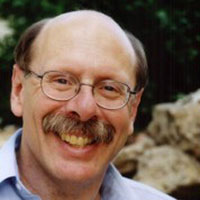
Paul Scham
President
Paul Scham is Research Associate Professor of Israel Studies and Executive Director of the Gildenhorn Institute for Israel Studies at the University of Maryland.

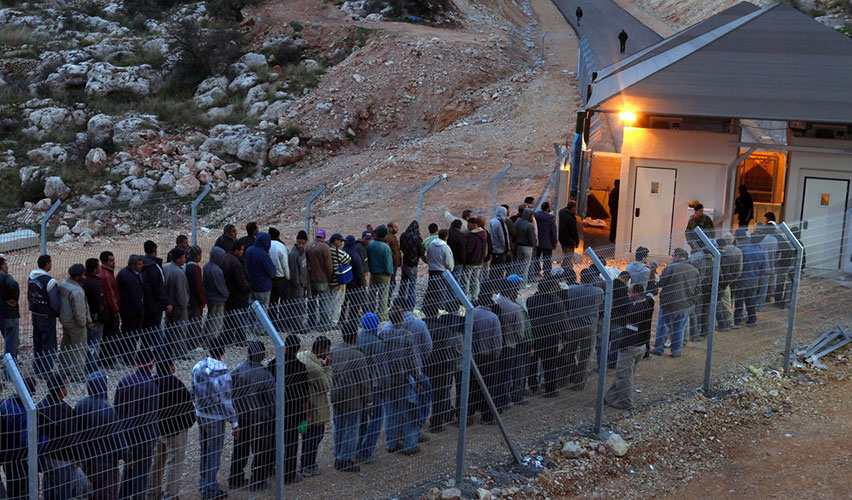
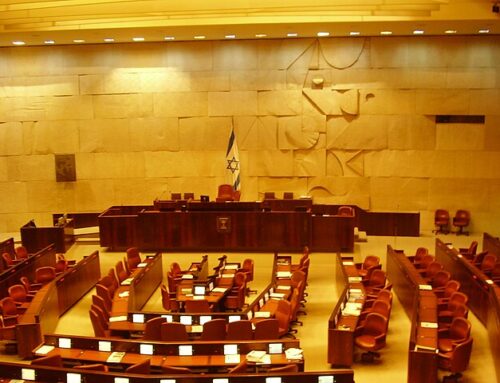
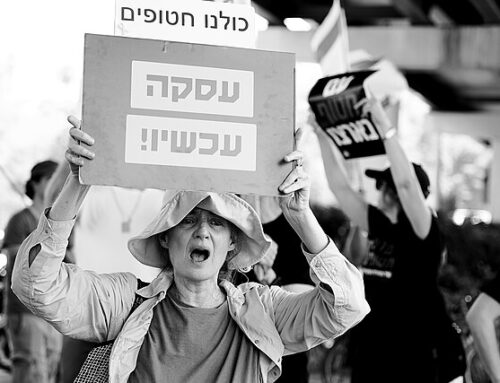
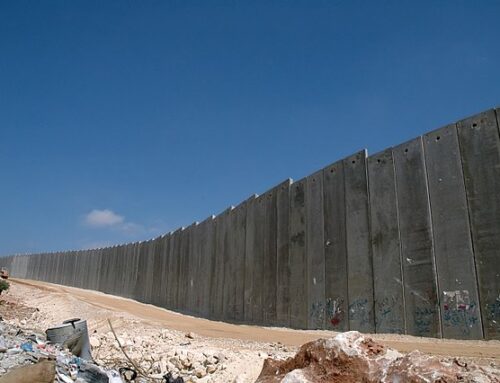

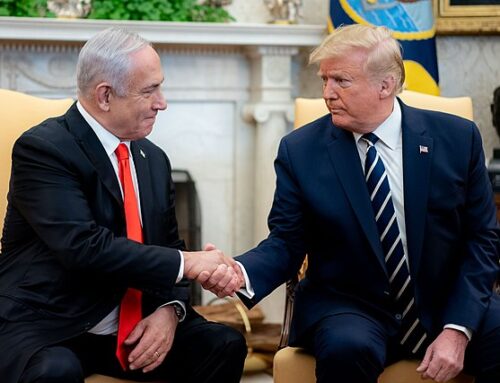
Leave A Comment